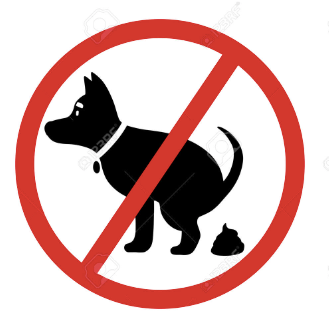
The history of how dog poop has been handled throughout human civilization is not extensively documented, but there are some general trends and practices that can be observed:
- Ancient Times: In ancient civilizations, such as those in Mesopotamia, Egypt, and Greece, dogs were often kept as pets and working animals. It's likely that people had to deal with dog waste in some way, but specific historical records about how it was handled are limited.
- Medieval Europe: In medieval Europe, dogs were commonly used for hunting and as guards. In urban areas, streets were often unpaved, and waste disposal practices were rudimentary. It's possible that dog waste was simply left to decompose or was washed away by rain.
- Early Modern Period: As urbanization and sanitation practices evolved, streets and cities became more structured. However, it's still unclear how dog waste was specifically managed during this time.
- 19th Century: With the growth of cities and the emergence of public health concerns, various animal waste, including dog waste, became a significant issue. Some cities began to implement ordinances requiring dog owners to clean up after their pets in public areas.
- 20th Century: In the 20th century, especially after World War II, urbanization continued to expand, and the issue of dog waste management became more prominent. In the United States, the introduction of plastic bags in the mid-20th century made it easier for dog owners to clean up after their pets. Many cities and municipalities started implementing dog waste ordinances and provided disposal bins in parks and public spaces.
- Modern Practices: Today, in many urban areas around the world, responsible dog ownership includes cleaning up after pets using disposable bags. Dog waste is typically placed in specially designed poop bags and disposed of in trash bins or designated dog waste bins. In some regions, there are also biodegradable or compostable poop bags available for environmentally conscious pet owners.
- Environmental Awareness: In recent years, there has been a growing awareness of the environmental impact of dog waste. Some communities encourage pet owners to properly dispose of dog waste in a way that reduces its impact on the environment, such as using biodegradable bags or flushing it in some cases.
It's important to note that the management of dog waste has evolved alongside broader changes in sanitation and urban planning. Responsible dog ownership includes cleaning up after pets to maintain clean and hygienic public spaces, prevent the spread of disease, and reduce environmental contamination. Laws and regulations regarding dog waste vary by region, so it's essential for pet owners to be aware of and comply with local rules.



0 comments